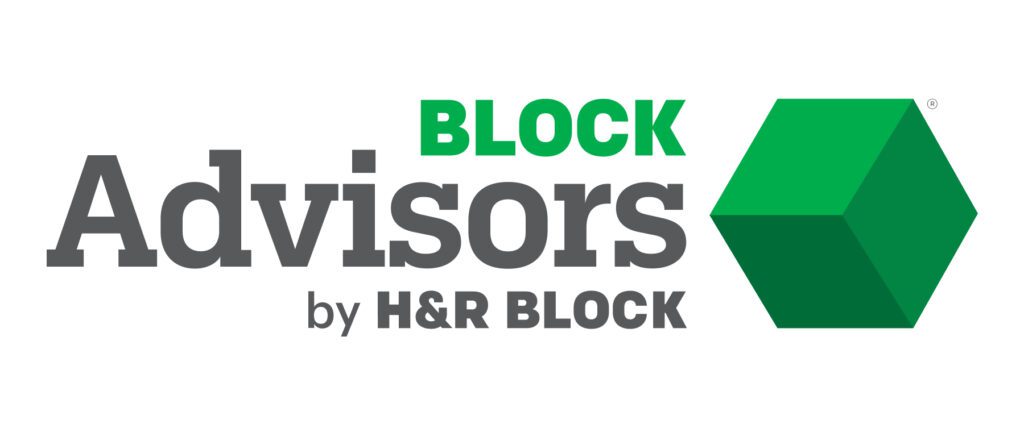Contractor insurance: Coverage types and why you need it
7 min read
January 25, 2024 • Block Advisors
Contractor insurance can help protect your small business in case of lawsuits or other claims such as work-related injuries, equipment damage, business interruption, and more. The coverage types needed will differ from business to business, but this is not a step to overlook. Having the right policies in place will minimize the severity of any claims that may come up. Keep reading as we outline types of contractor insurance, costs, and more for your small business.
What is contractor insurance?
Contractor insurance, usually purchased as a package of policies, protects your business from any financial losses if a claim is filed against you. Your small business insurance policy should include the essential coverages and can be customized to address the specific additional risks associated with the job. Your policy ideally will cover your business from problems like accidents, lost income, theft, lawsuits, and damages. Think of contractors insurance as a customized business insurance policy. Contractors insurance is crucial for every small business, even for one with few employees.
Tax prep trusted by millions of small business owners
Make an appointment today
Who needs contractors insurance?
A client hires a contractor to complete a certain project. A contractor is typically broken down into two types: contractor and subcontractor.
- Contractor: A contractor, sometimes called a general contractor, is responsible for overseeing the completion of the project and making sure the contract is adhered to.
- Subcontractor: A subcontractor is a worker or company hired by the contractor to perform specific tasks and duties for the project. The subcontractor generally reports to the contractor, not the client.

Whether your business involves contractor or subcontractor work, you need contractor insurance to protect your business from any work-related incidents. Here are just a few examples of contractors that would need insurance:
- Carpenters
- Painters
- Plumbers
- Landscapers
- Roofers
- Electricians
Types of contractor insurance coverage
A good insurance policy for contractors includes several types of small business insurance. The different coverage types you choose depend on the contractor business’s type of work and specific needs.
If you’re unsure of what coverage to include, a good place to start is with a Business Owners Policy – a BOP. A BOP bundles three essential coverage types and is usually cheaper than buying each separately.
Business owners policy
Here’s a breakdown of what a Business Owners Policy (BOP) usually includes:
| Type of BOP insurance | What it covers |
| Business liability insurance | Business liability insurance covers property damage and bodily injuries caused to others (not including your employees) by accident. Think of this as the foundation of your small business insurance policy. Example: If your tree service accidentally causes a branch to crash and damage a client’s roof, this insurance will cover the repair expenses. |
| Commercial property insurance | This type of insurance covers your business’s physical location and business equipment if they’re damaged due to a problem covered by your policy. It covers both leased and owned property. Example: If a hurricane or other natural disaster significantly damages your business’s location, you can tap into your commercial property insurance. |
| Business interruption insurance | Business interruption insurance replaces lost income if you must temporarily close due to a problem covered by your policy, like a fire or theft. It’s also sometimes referred to as business income insurance. Example: If you must temporarily close your business due to the aftermath of a fire, business income insurance will replace any lost income. |
Other types of small business insurance
Although a BOP is a solid foundation for your small business insurance, you likely will want to boost your policy with extra coverage types. You’ll want to ensure you’re covering all your bases with your contractor insurance, not leaving any room for consequential losses.
Here is a list of some other common small business insurance types:
| Type of insurance | What it covers |
| Workers’ compensation insurance | Almost every state requires employers to have workers’ compensation insurance for their employees. It covers employees who get injured or sick while at work. Example: If your employee falls off a ladder while painting a house and breaks a bone, workers’ comp would cover their medical expenses. |
| Inland marine insurance | Inland marine insurance protects your business if something happens to your property or products while in transit or while a third party is storing it. Example: If you experience theft of supplies while driving from one project to another, inland marine insurance will cover replacement costs. |
| Commercial auto insurance | You will need commercial auto insurance if you use a car for work-related tasks. It will protect you from costs related to accidents like property damage and injuries. Example: If you drive a van for your landscaping business and accidentally collide with another driver, commercial auto insurance will cover any damages or injuries. |
| Commercial property insurance | This type of insurance covers costs if certain accidents, weather events, or other hazards damage your business property. Example: If you experienced a fire that damaged your plumbing business’s equipment, the inventory would be covered by commercial property insurance. |
| Professional liability insurance | Professional liability insurance protects against any claims made against your business for mistakes or oversights in performing a service, a breach of contract, professional negligence, or failure to provide timely services. Example: If you miss the deadline for a construction project and your client decides to sue, your professional liability insurance would cover legal and settlement costs. |
| Builder’s risk insurance | This insurance covers property coverage for buildings or structures that are under construction. Example: If the windows and doors of a building your company is constructing are broken due to vandalism, the builder’s risk insurance will cover the costs to replace them. |
| General liability insurance | General liability insurance for contractors covers third-party bodily harm and accidental injuries, as well as advertising injury, copyright infringement, and reputational harm. Example: If you break a client’s one-of-a-kind vase while on a project and they sue you for the cost of replacing the vase, general liability insurance can help cover legal and settlement costs. |
Need help with small business bookkeeping?
Block Advisors has your back.
What’s not covered by contractor insurance?
While contractor insurance does cover a lot of problems that your business could experience, know that there are a few that it won’t cover. Some common insurance exclusions are:
- Earthquakes and floods (you must buy a separate insurance policy for each)
- War
- Intentional and fraudulent acts
- Infectious diseases
- Government seizures
- Radioactive fallout
- Wrongful termination (unless your business has employment practices liability insurance)
Contractor insurance cost
The average cost of small business insurance depends on your unique situation. Generally, the more coverage you need, the more you will spend. Not every insurance policy and company is the same, but your price will often depend on four things. These are insurance coverage needs, number of employees, prior claims history, and other factors like business assets, business location, payroll size, and business property owned.
>> Related: Are business insurance policies tax deductible?
Ways to save on insurance for contractors
The cost of business insurance for contractors can add up, but it’s not something to skip over or take lightly. Here are a few ways you can lower insurance costs.
- Compare insurance quotes before you buy
- Bundle up on policies
- Pay your premium in full
- Implement a safety program
- Correctly classify your employees for workers’ comp
- Join a trade or industry association for a group rate
Where to get contractor insurance
Most insurance companies sell common types of insurance coverage that you can choose to customize your plan with. Most companies offer similar coverage types. If you have the time, shop around and see which insurer best fits your business’s needs before purchasing your contractor insurance.
If you don’t have time to compare options and need coverage right away, consider using a company that sells the insurance entirely online. You can get a quote and buy the policy online right away. If you have more time or prefer to have more hands-on support, you can explore your options and buy policies through an independent agent. A local insurance agent can help you determine which policies you need and compare quotes.
More help with business insurance for contractors
Insurance for contractors can rack up a hefty sum, but it’s undoubtedly worth it. Contractor insurance protects your business from costly damages and supports the hard work of your small business.
Owning a small business comes with many rewarding challenges and responsibilities before adding contractor insurance to the to-do list. Block Advisors can help you with your small business needs, from bookkeeping services and payroll to small business tax preparation and beneficial owner reporting.
Speak with a certified small business pro today.
This article is for informational purposes only and should not be construed as legal advice. You may want to seek the advice of an attorney to evaluate all relevant considerations.




